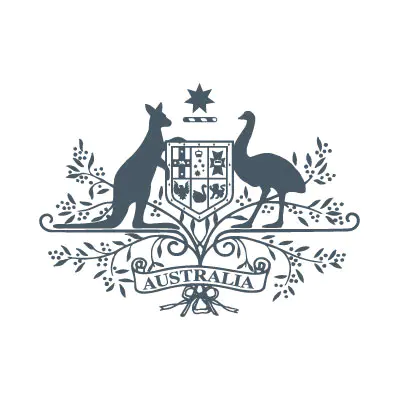Growing Tasmanian General Practice | Prime Minister of Australia
The Australian and Tasmanian Governments are making it easier for Tasmanians to see a doctor by delivering an innovative four-year program to support stronger rural healthcare in the state.
Under the program, GP Registrars, including Rural Generalist trainees, will have the option of being employed by the Tasmanian Health Service as salaried employees, allowing them to do their final placement in GP practices across the state instead of changing new employers with each placement of 6 or 12 months.
By providing GP Registrars with guaranteed income and entitlements such as annual leave, parental leave, sick leave and other remuneration and benefits received by doctors working in hospital settings, the single employer model (SEM) will make working in rural and general practice more attractive and improve recruitment and retention of GPs in rural communities.
This will give medical graduates the best opportunity to build their careers while supporting our medical workforce in rural areas, making it easier for Tasmanians to see a doctor.
This is a model that has worked in its previous trials, we know it offers the security that many young doctors are after, and it provides a sustainable pathway to increase the number of rural GPs and highly skilled Rural Generalists across Tasmania.
The Australian Government will provide $8 million to support the program from 2022-23. This funding is part of the Australian Government’s commitment in the 2022-23 October Budget to work collaboratively with states and territories to co-develop and pilot innovative primary care models that aim to improve care pathways and reduce pressure on emergency departments.
The Tasmanian Government will contribute $5 million over four years including:
- $1 million in capital works for the Rural Medical Workforce Centre at the Mersey Community Hospital, and
- $1 million a year to support mandatory Rural Medical Officer rotations in paediatrics and anaesthetics, and additional skills posts.
Up to 20 GP Registrars will work across the state in regional, rural and outer metropolitan areas of need.
The Tasmanian and Federal Governments are working together to finalise the implementation arrangements for the trial, with opportunities for GP registrars, including Rural Generalist trainees, to commence from July 2023.
Quotes attributable to Prime Minister Anthony Albanese:
“Australians in every postcode deserve access to world class health care.
“For too long we’ve seen communities across Tasmania like Huon Valley, Bridgewater, Deloraine and in Latrobe not be able to retain doctors.
“My Government is committed to making it easier for Australians to see a doctor by strengthening general practice, especially in rural areas.
“We will work in partnership with Tasmania and the other states and territories to provide the best possible support to our next generation of rural GPs.”
Quotes attributable to Tasmanian Premier Jeremy Rockliff:
“This is all about making sure Tasmanians in rural and regional areas get what they deserve: access to local GPs and the health care they need.
“A single employer model will make rural practice more attractive for doctors and this agreement is a significant win for Tasmania. It will allow us to recruit more doctors and strengthen our rural communities.
“Our government has long been advocating to trial a Single Employer Model for GP registrars, including rural generalists, to make rural practice more attractive for doctors and we now look forward to making it happen. I’m committed to working in partnership with the federal government putting Tasmanians first and to deliver real solutions.”
Quotes attributable to Minister Butler:
“Across the country we know after a decade of cuts from the former Government it’s never been harder for Australians to see a GP.
“And we know that here in in Tasmania, the situation is particularly challenging.
“This innovative program will make training and working in rural general practice a more attractive option for young doctors and importantly it will make it easier for Tasmanians to see a doctor close to home”
View Original | AusPol.co Disclaimer
